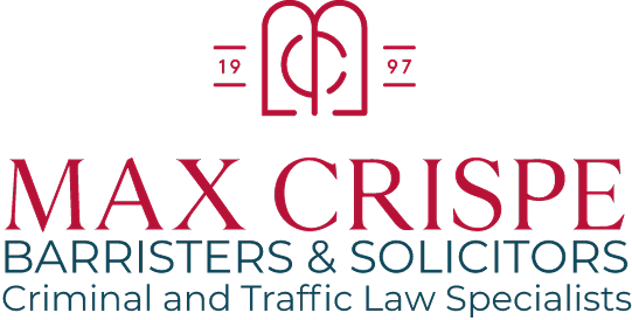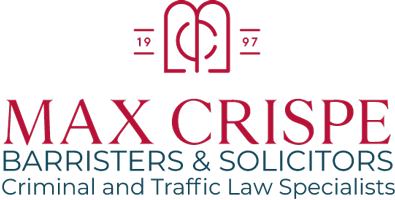Spent Conviction Applications
When a person is convicted in any Court for a criminal offence, the details of that offence will be documented on their criminal record.
A criminal conviction can cause major complications for future employment or travel. Increasingly, employers are expecting future employees to complete a Police Clearance as part of their job applications.
If you have been charged with a criminal offence and you do not have a criminal record you may be entitled to an immediate spent conviction order.
The benefit of an immediate spent conviction means that a search, even if authorised by you for an employer to do or a prospective employer, will reveal you have no criminal record.
There are some circumstances that are set out in the Act where a prospective employer can look behind the spent conviction order but they are rare. They include circumstances where you may wish to become a Police Officer or Prison Officer and a number of others but for everyone else an immediate spent conviction means in effect, that a person goes into Court prior to pleading guilty and the matter being dealt with without a record and they leave the Court without a criminal record.
There are some criteria for the making of a spent conviction order and without proof of that criteria, a spent conviction order will not be made. When applying for an order, care and effort should be placed into ensuring references and supporting documents are ready if they are needed.
The questions a Magistrate or Judge must ask before granting a spent conviction order are as follows:
1. Is a person unlikely to commit such offence like this again?
This involves a prediction into what may happen in the future. A Magistrate or Judge can look at a variety of things to make this prediction, such as whether the circumstances of the offence were out of the ordinary or whether a person has participated in counselling or rehabilitation since being charged.
2. a) Is the offence trivial? OR b) Is the person of previous good character?
It is only necessary to satisfy either one of these questions. The first is answered by looking at the facts of the charge. It is rarely the case that an offence is trivial but when it is, it is usually very clear.
The second question can be answered by looking at a person’s record. Where someone has no criminal record, or their convictions are decades old, the Court can usually be satisfied that a person is of previous good character.
3. Should the person be relieved immediately of the negative effect that the conviction might have?
This is the most critical area because it involves a judicial discretion and it is why, in our opinion, you should be represented whether by ourselves or somebody else.
The Court authorities indicate that a spent conviction order is only to be made sparingly and is a clear case where there is good reason.
The Court needs to consider a number of things including the nature and seriousness of the offence, the personal circumstances of the person, the rehabilitative effect that the immediate removal of a conviction by a spent conviction will have on the person and the effect on the community.
As part of this, obviously the impact on employment, both present and future and exceptional hardship to the offender or his family, the effect on the ability to obtain work and a number of other aspects that are taken into account. The list is not exhaustive.
The Court also must balance these with whether it is in the public interest for an employer to be aware of the offence. The Court also considers what message is being portrayed to the community and the offender by making the order.
A lot of preparation goes into ensuring the application is successful because you only get essentially that one bite of the cherry so it is best that it is prepared by a professional and you are represented.
For further information contact Max Crispe on 0407 440 078, Kate Crispe on 0415 058 950, Shirley Casey on 0458 850 033 or Mel McEwen on 0437 030 713.



